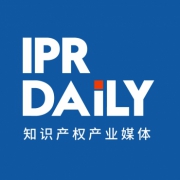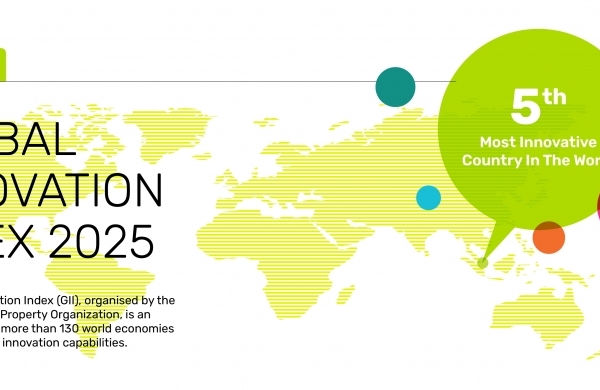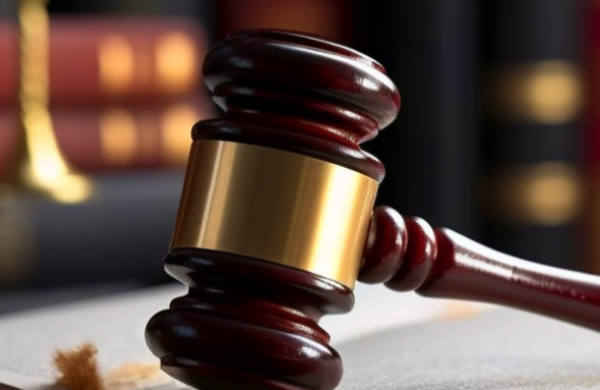Did not receive verification mail? Please confirm whether the mailbox is correct or not Re send mail

IPR Daily
- 2025-07-04 15:34:09
Government Signals Potential Shift Toward Preliminary Injunctions in Patent Infringement Cases
The government recently filed a statement of interest in a patent infringement case urging the court to give greater weight to the difficulty of calculating damages when assessing irreparable harm.
The filing suggests support for broader access to injunctive relief in patent cases even when the patent holder is a nonpracticing entity.
Since eBay (2006), courts have rarely granted injunctions due to strict interpretations of irreparable harm and adequacy of legal remedies.
If adopted, the government’s view could raise the stakes in early-stage patent litigation and increase leverage for patentees.
Summary
In a recent patent case, the U.S. government urged a Texas federal court to give greater weight to the difficulty of calculating damages as a basis for finding irreparable harm. If embraced by courts, the move could give patent holders more power to seek early injunctions and raise the pressure on defendants.
The Upshot
The Bottom Line
Patent owners may soon find it easier to obtain preliminary injunctions, giving them greater leverage earlier in litigation and increasing pressure on accused infringers.
On June 24, 2025, the U.S. Department of Justice and U.S. Patent and Trademark Office jointly filed a Statement of Interest in Radian Memory Systems, LLC v. Samsung Electronics Co. (E.D. Tex., No. 2:24-cv-1073). The filing urges the court to give greater weight to the difficulty of calculating damages when determining whether there has been irreparable harm, even when the patent owner is a nonpracticing entity. While the government takes no position on whether the court should grant an injunction in the case, it emphasized that monetary damages are often inadequate because they fail to account for harms that are difficult to quantify and may persist even after litigation ends, such as reputational damage and loss of market position. This indicates a policy shift toward easing the path to injunctive relief in appropriate patent cases.
This filing represents a potential inflection point in U.S. policy regarding patent enforcement. Since the Supreme Court’s 2006 decision in eBay Inc. v. MercExchange, courts have become increasingly reluctant to grant injunctions, especially at the preliminary stage and particularly to nonpracticing entities. In eBay, the Court rejected the application of a general rule automatically granting injunctions in patent cases and required courts instead to apply a four-factor equitable test. Patent owners seeking injunctive relief must show: (1) irreparable harm, (2) inadequacy of monetary damages, (3) that the balance of hardships favors an injunction, and (4) that an injunction is in the public interest. Courts have interpreted the first two factors as significant hurdles, and as a result, injunctions have become increasingly rare, with courts often defaulting to monetary relief in cases of ongoing infringement.
If courts adopt the government’s position, it could shift early-stage litigation by restoring preliminary injunctions as a viable remedy, particularly for patent holders who license rather than manufacture. If courts become more willing to grant preliminary injunctive relief to patent owners, it could raise the stakes for accused infringers who could face operational disruptions rather than just monetary exposure. This could raise the cost of settlement, licensing, and litigation.
The author appreciates the assistance from Summer Associate Daniel Shen in the drafting of this advisory.
Source: www.jdsupra.com
- I also said the two sentence
- Also you can enter 140words
 TOP IPR U.S. Lawyers 10 & Firms 10 Selection Officially Launched by IPR Daily
TOP IPR U.S. Lawyers 10 & Firms 10 Selection Officially Launched by IPR Daily WIPO Global Innovation Index 2025: China Enters Top 10
WIPO Global Innovation Index 2025: China Enters Top 10 Singapore ranks 5th in the 2025 Global Innovation Index; climbed two spots in Innovation Outputs
Singapore ranks 5th in the 2025 Global Innovation Index; climbed two spots in Innovation Outputs Federal Circuit lacks jurisdiction over award that doesn’t raise issue of patent law
Federal Circuit lacks jurisdiction over award that doesn’t raise issue of patent law


